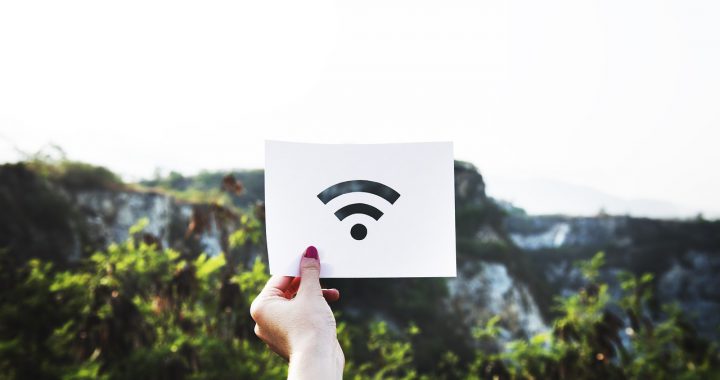Oversharing on Social Media
2 min read
With the hacks, leaks, and face-recognition apps, there is very little that is left to the imagination of the people who run social media websites. We put more and more information there that is used for analysis and marketing. However, we can still control what we post and some people need to be aware of that. Here are some things about oversharing you should know.
Dirty Laundry
Picking a fight with someone over the internet is dumb. There is no milder way to put it. However, if you start discussing private things on public pages, everyone wins but you. Learning about who did what, as well as the physical, mental, legal, and social problems of other people is not only wrong – it is also tacky. Imagine standing in the middle of the street with a megaphone telling people about the criminal history of your former friend or something equally embarrassing. That is toxic behavior and there is no excuse for it.
TMI
It’s not just the other people – you should be very careful what kind of information you share online. There is a time and a place for seeking counsel or advice on sensitive matters, so don’t turn your problem into a public forum.

Why?
While you do have a voice, and free speech is one of the basic human rights, it is one that should be used wisely. What you post on social media remains there practically forever, no matter how soon you delete it. Remember how Jayden Smith was mocked for his pseudo-philosophical tweets? It got so bad that he eventually deleted his Twitter account.
However, the main reason you should be careful what you write about is not mockery. Telling people where you live, who your family members are, where you can be found on a Friday night, and your financial status may turn you into a target.
What Kind of Info Should I Not Share?
 Anything too personal. No information about your banks, credit cards, social security number or its equivalent in your country, and personal ID should be given to anyone as a rule. This data can be used for anything from assault to identity theft.
Anything too personal. No information about your banks, credit cards, social security number or its equivalent in your country, and personal ID should be given to anyone as a rule. This data can be used for anything from assault to identity theft.
Do not share your political or religious beliefs. These things might cost you your job or alienate people from you, as well as prevent you from becoming a public figure. Rants are fine, but only in real life and to the people that share your point of view or are willing to discuss it.
Finally, do not share anything that might be perceived as indecent. This includes tattoos, provocative clothing, a picture or video of yourself or someone else that’s intoxicated, and so on.

